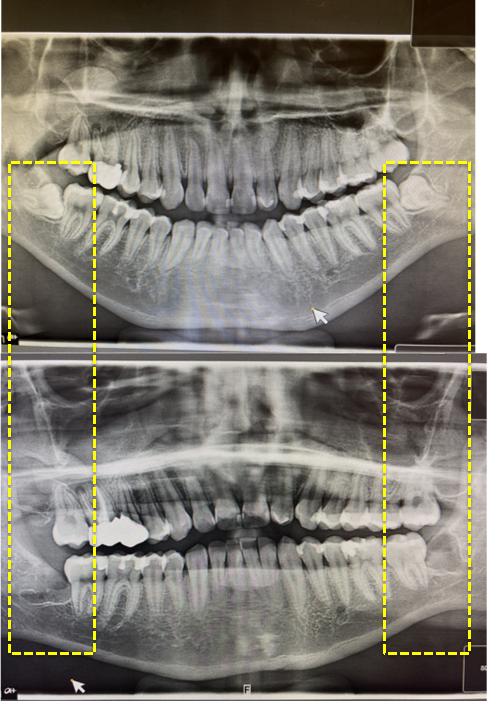Wisdom tooth extraction is a surgical procedure to remove one or more wisdom teeth — the four permanent adult teeth located at the back corners of your mouth on the top and bottom.
If a wisdom tooth doesn’t have room to grow (impacted wisdom tooth), resulting in pain, infection or other dental problems, you’ll likely need to have it pulled. Wisdom tooth extraction may be done by a dentist or an oral surgeon.
To prevent potential future problems, some dentists and oral surgeons recommend wisdom tooth extraction even if impacted teeth aren’t currently causing problems.
Erupting and impacted wisdom teeth
Impacted wisdom teethOpen pop-up dialog box
Wisdom teeth, or third molars, are the last permanent teeth to appear (erupt) in the mouth. These teeth usually appear between the ages of 17 and 25. Some people never develop wisdom teeth. For others, wisdom teeth erupt normally — just as their other molars did — and cause no problems.
Many people develop impacted wisdom teeth — teeth that don’t have enough room to erupt into the mouth or develop normally. Impacted wisdom teeth may erupt only partially or not at all.
An impacted wisdom tooth may:
Grow at an angle toward the next tooth (second molar)
Grow at an angle toward the back of the mouth
Grow at a right angle to the other teeth, as if the wisdom tooth is “lying down” within the jawbone
Grow straight up or down like other teeth but stay trapped within the jawbone
You’ll likely need your impacted wisdom tooth pulled if it results in problems such as:
Dental specialists disagree about the value of extracting impacted wisdom teeth that aren’t causing problems (asymptomatic).
It’s difficult to predict future problems with impacted wisdom teeth. However, here’s the rationale for preventive extraction:


If you’d like a free initial phone consultation with an implant enquiry coordinator, prior to a consultation with a dentist, call our central team.